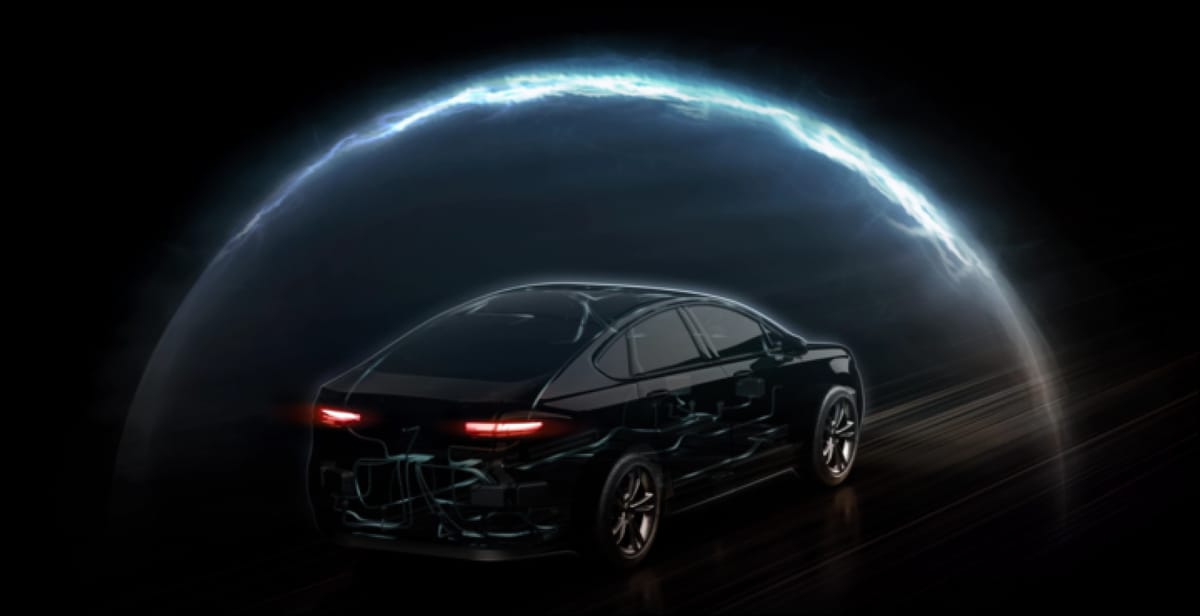
In the race toward autonomous vehicles, safety remains the most critical hurdle. NVIDIA's latest offering aims to tackle this challenge head-on by combining hardware, software, tools, and services into what the company describes as a "comprehensive safety system." The announcement represents a significant step in NVIDIA's strategy to position itself as not just a chip provider but as an essential partner in the autonomous vehicle ecosystem.
Key Points:
- Halos integrates NVIDIA's automotive hardware and software safety solutions with its AI research
- The system spans from cloud to car, covering platform, algorithmic, and ecosystem safety
- NVIDIA has launched an AI Systems Inspection Lab with partners including Continental and Ficosa
The new Halos platform takes a three-pronged approach to safety, operating at the technology level (platform, algorithmic, ecosystem), development level (design-time, deployment-time, validation), and computational level (training to deployment). This multi-layered strategy reflects the complexity of ensuring safety in AI-driven vehicles.
"With the launch of Halos, we're empowering partners and developers to choose the state-of-the-art technology elements they need to build their own unique offerings, driving forward a shared mission to create safe and reliable autonomous vehicles," said Riccardo Mariani, vice president of industry safety at NVIDIA.
The system's computational framework relies on NVIDIA's core strengths: DGX for AI training, Omniverse and Cosmos running on OVX for simulation, and DRIVE AGX for deployment. This integration highlights how NVIDIA is leveraging its expertise across various domains to address the specific challenges of autonomous vehicle safety.
One notable component of the Halos ecosystem is the AI Systems Inspection Lab, which serves as an entry point for automakers and developers. The lab, first announced at CES earlier this year, has been accredited by the ANSI National Accreditation Board for its inspection plan that unifies functional safety, cybersecurity, AI safety, and regulations.
Early partners in this initiative include automotive suppliers like Continental, Ficosa, OMNIVISION, and onsemi. Their participation signals industry recognition of the need for standardized safety frameworks in autonomous vehicle development.
"Being a member of the AI Systems Inspection Lab means working at the forefront of automotive systems innovation and integrity," said Cristian Casorran Hontiyuelo, ADAS system engineering and product manager at Ficosa.
The backdrop for this launch is impressive: NVIDIA claims to have invested 15,000+ engineering years in vehicle safety, contributed 10,000+ hours to international standards committees, and filed more than 1,000 AV-safety patents. The company also touts numerous safety certifications, including ISO 26262 automotive safety integrity level (ASIL D) standards for its DriveOS 6.0 operating system.
For automakers and AV developers, Halos represents a potential shortcut through the complex landscape of safety certification and compliance. By offering pre-certified components and standardized workflows, NVIDIA is positioning itself as a one-stop shop for companies looking to accelerate their autonomous vehicle programs while maintaining rigorous safety standards.
The timing of this launch is particularly significant as generative AI begins to make inroads into autonomous vehicle development. Marco Pavone, lead AV researcher at NVIDIA, emphasized this point: "Halos' holistic approach to safety is particularly critical in a setting where companies want to harness the power of generative AI for increasingly capable AV systems developed end-to-end, which preclude traditional compositional design and verification."
What remains to be seen is how Halos will fit into the broader regulatory landscape for autonomous vehicles, which continues to evolve across different regions. While NVIDIA has clearly invested in aligning with existing standards, the autonomous vehicle industry is still in its formative stages from a regulatory perspective.
